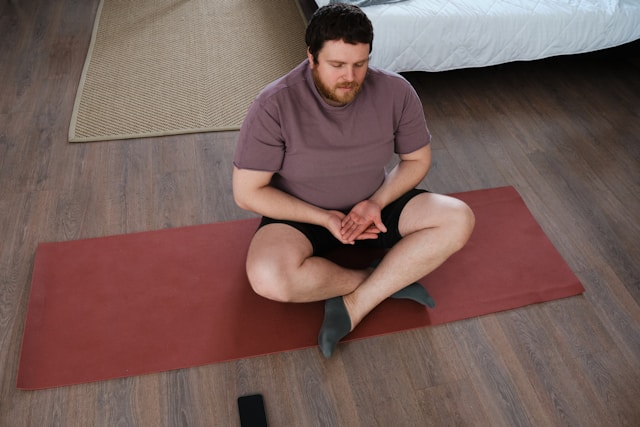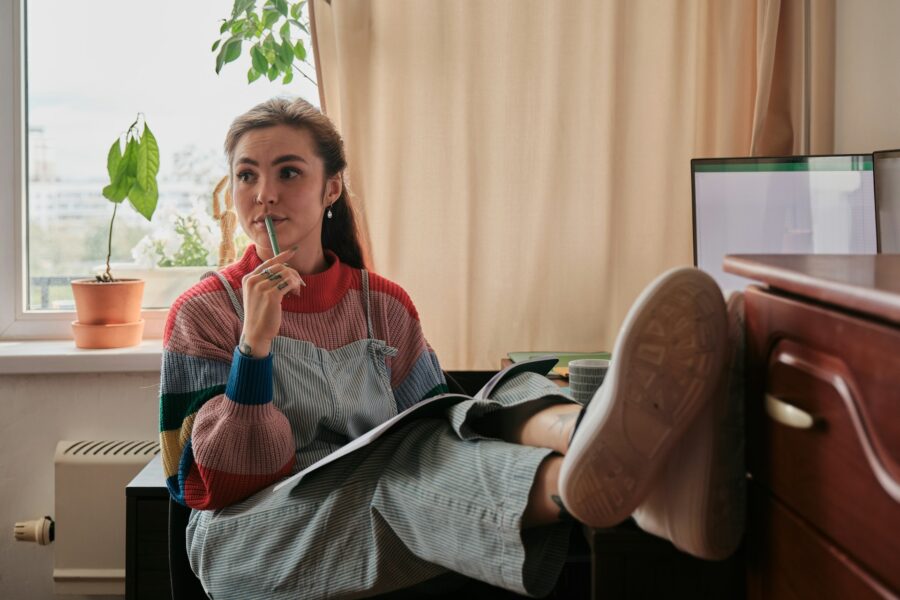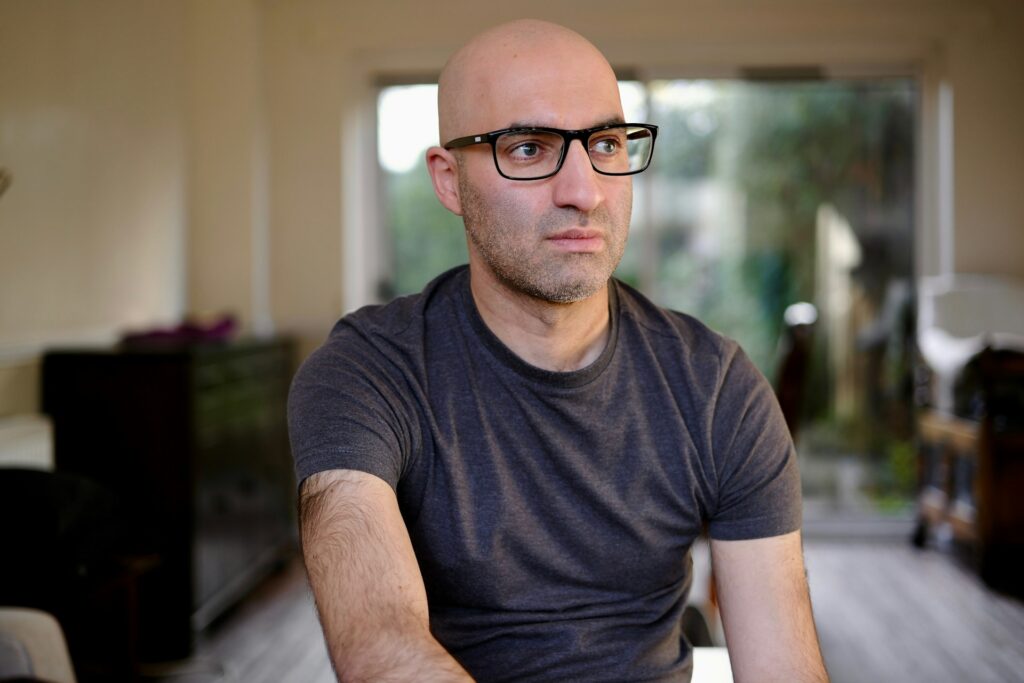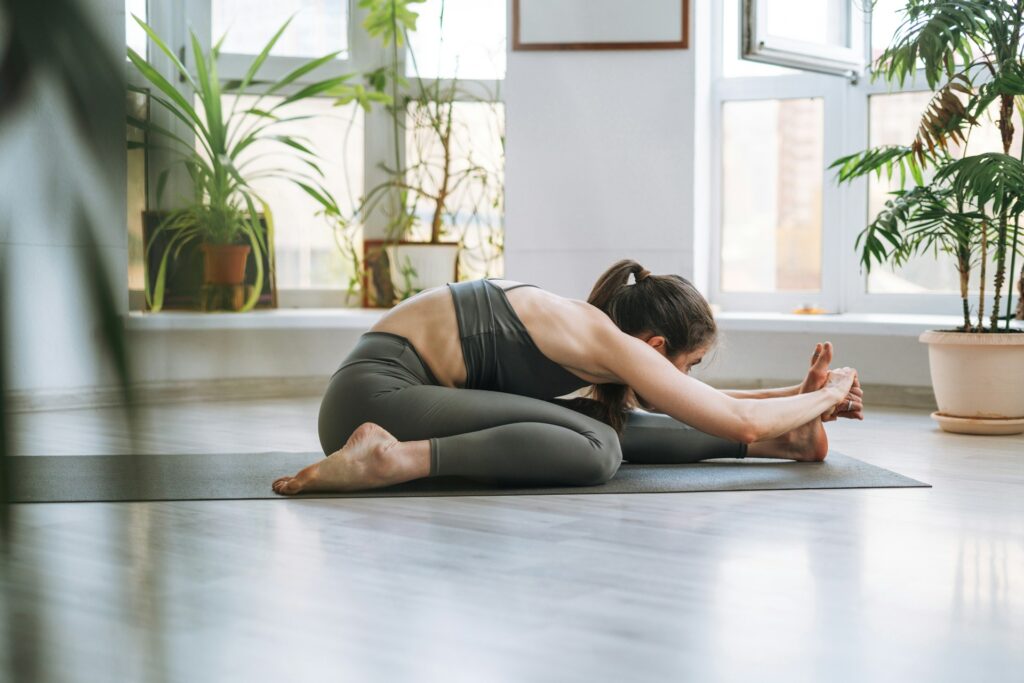Sure, it sounds a bit hokey, but gratitude really does have the power to transform your life.

It’s more than just saying “thank you” when someone holds the door open or giving a quick nod to a nice gesture, though. A meaningful gratitude practice can improve your mental health, increase your resilience, and even strengthen your relationships. But how do you build a consistent practice that truly makes a difference in your life? Here are a few suggestions to get you started. You might be shocked at a what a big (and immediate!) difference it makes.
Start a gratitude journal.

One of the simplest and most effective ways to practise gratitude is by keeping a journal. Every day, jot down three things you’re grateful for. It can be something big, like a job promotion, or something small, like a warm bath. The goal isn’t to make it sound perfect or profound—it’s just to notice the good in your life. Over time, this daily habit helps shift your focus from what’s missing to what’s abundant.
Make it a family or partner activity.

Gratitude doesn’t have to be an individual practice. Sharing what you’re thankful for with the people closest to you can deepen your relationships. Whether it’s at dinner, before bed, or during a weekend walk, take a few moments to go around the table or living room and express something you appreciate about each other. It builds a sense of connection and positivity within your circle.
Use a gratitude jar.

If you find it hard to sit down and write daily entries, try a gratitude jar instead. Write down one thing you’re thankful for every time it happens and drop it in the jar. It could be a note about a kind act, something beautiful you noticed, or a small achievement. At the end of the month or year, read through the notes to see how much you’ve experienced and appreciated. It’s a fun and visual way to track your gratitude.
Do some mindfulness exercises.

Being present in the moment is key to appreciating life as it happens. When you practise mindfulness, whether through meditation or just taking a moment to breathe deeply, you create space to notice the good things around you. Taking a mindful walk or listening to your favourite music with full attention can help you recognise and be thankful for small moments that you might otherwise overlook.
Send “thank you” notes to the people in your life.

Sometimes, the best way to feel grateful is to express it directly. Write a note, a text, or an email to someone who’s had a positive impact on your life. It could be someone who’s helped you in the past, or even someone you see regularly but never really thank enough. Expressing your appreciation not only makes their day, but it also reinforces your own gratitude practice.
Create a gratitude ritual.

You can make gratitude a part of your daily routine with a ritual. It could be part of your morning coffee, while you’re walking your dog, or as you settle into bed. It doesn’t need to take long—just a few moments to reflect on what you’re thankful for, before moving on to the rest of your day. The key is to make it consistent and feel natural, so it becomes a habit you don’t even have to think about.
Focus on the simple things.

Gratitude doesn’t have to be about grand gestures or big wins. Often, the most meaningful things are small, everyday moments. Whether it’s the feeling of fresh sheets, the laughter of a loved one, or a quiet moment to yourself, appreciating these small things can boost your mood and increase your sense of well-being. The more you practise noticing the little things, the more your gratitude expands.
Be specific.

When you practise gratitude, being specific is key. Instead of just saying, “I’m grateful for my family,” try, “I’m grateful for my partner’s kindness this morning when they made me coffee.” The more specific you get, the more you’ll notice the little details that contribute to your happiness. This specificity makes your gratitude feel more genuine and helps deepen your appreciation for the people and experiences in your life.
Start and end your day with gratitude.

A great way to bookend your day is by taking a moment to reflect on what you’re grateful for before you get out of bed and before you fall asleep. In the morning, it can set a positive tone for the day ahead, and in the evening, it can help you wind down with a sense of peace. It’s a simple way to anchor your day in gratitude and shift your focus from stress to positivity.
Be grateful when things are hard, not just when they’re going well.

It’s easy to feel grateful when everything is going well, but what about during tough times? This doesn’t mean forcing yourself to feel thankful for the struggles, but trying to find something in those moments that you can appreciate. Maybe it’s the lesson you learned, the strength you discovered in yourself, or the support you received from others. Finding a bit of gratitude in hardship can shift your mindset and help you grow from the experience.
Practise gratitude for your body.

Your body does a lot for you every day, so take a moment to appreciate it. Whether it’s your ability to get up and move, the fact that you can see, hear, or feel, showing gratitude for your health—no matter how it looks right now—helps foster a deeper connection with yourself. It also reminds you not to take these abilities for granted.
Use gratitude affirmations.

If you’re someone who loves positive affirmations, gratitude ones can be a powerful tool. Saying phrases like “I am thankful for the abundance in my life,” or “I appreciate all the small moments that bring me joy,” can help shift your mindset towards abundance and gratitude. You can write them down, say them aloud, or even meditate on them, whatever feels right for you.
Look for the good in everyone.

Gratitude isn’t just about feeling thankful for things or situations; it’s also about recognising and appreciating the good in the people around you. Take a moment to notice what you admire or are grateful for in your loved ones. Whether it’s their support, their kindness, or the little things they do for you, acknowledging these positive traits deepens your connection and strengthens your relationships.


